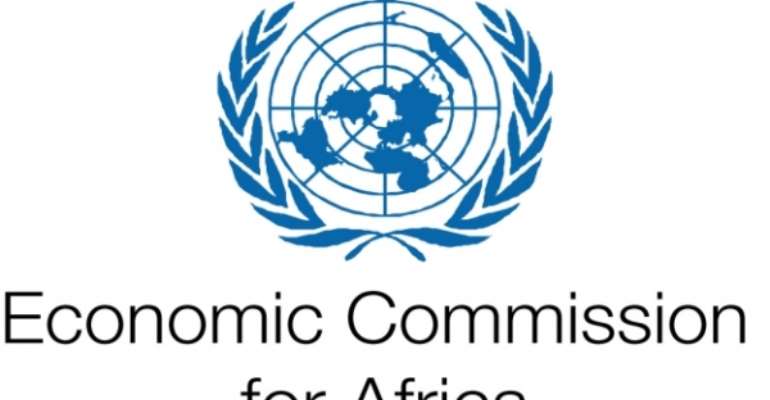Report says Southern Africa's development is not integrated

RIO DE JANEIRO, Brazil, June 21, 2012/African Press Organization (APO)/ -- A new report by the Economic Commission for Africa (ECA) says while the linkages between the economic, social and environmental pillars of sustainable development are well understood within Southern Africa, the subregion has not adopted an integrated approach to development.
The report, “Progress towards sustainable development in Southern Africa” prepared with the assistance of the African Development Bank, and circulated at the ongoing Rio+20 conference, says that for this reason, the “inter-linkages between the economic, social and environmental pillars of sustainable development are fundamentally not being achieved”.
“Ministries and government departments with responsibility for areas linked to these pillars in respective countries act independently and there is little coordination,“ the report says.
In a hard hitting commentary, it says “Reporting processes have become something of a farce. Governments send lower-level staff to subregional reporting sessions on sustainable development and only send the Minister, President or Prime Minister when the reporting is at the UN.”
There is a huge bureaucracy to support UN reporting; as large reports, of up to 300 pages, are often developed within one month of the report's due date, says the report.
It calls for a “subregional sustainable development strategy” which would interface with the office of each country's President or Prime Minister as appropriate and use management of key data to drive monitoring and evaluation.
The report says that the private sector should be held accountable through legislation on reporting and face sufficient penalties to “incentivize them to comply”, while civil society could be strengthened through innovative financing generated from revenues raised from penalizing polluting activities.
On the institutional and strategic frameworks for sustainable development in the subregion, the report says the main frameworks are those developed by SADC, COMESA, SACU and ECCAS. “Unfortunately, the frameworks do not provide for effective implementation mainly because the institutions are under-resourced and are not well coordinated”, it says.
At the national level, the report says countries establish ministries in charge of environment management, whereas, “aspects of sustainable development go beyond ministries of environment and include water, agriculture, energy, trade and industrialization”.
The current institutional set-up within southern Africa is therefore inadequate to address the full spectrum of sustainable development and there is need for a systemic institutional review, at all levels, with a view to coming up with effective and appropriate institutional mechanisms for sustainable development, the report says.
It adds: “This kind of review requires bold and decisive leadership”.
